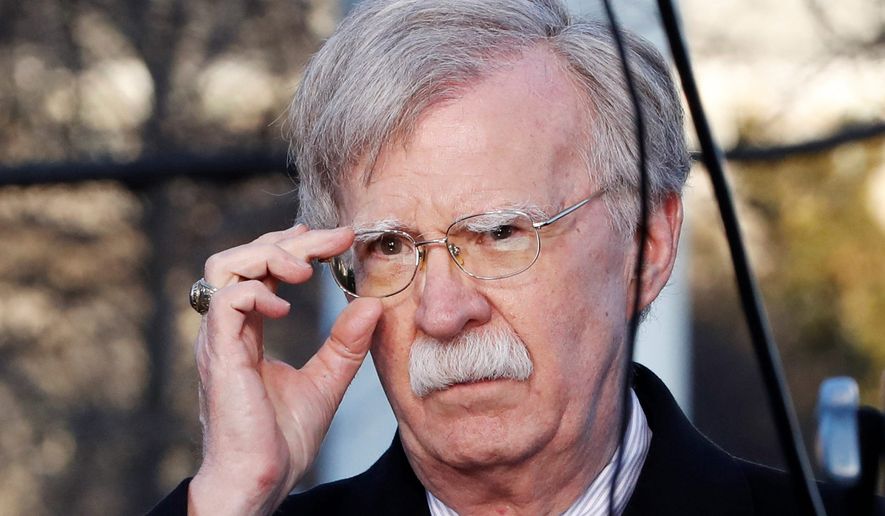JOHANNESBURG — A London court has awarded the Dubai-based firm DP World $385 million after the government of Djibouti canceled the company’s contract to run one of Africa’s most strategic harbors.
The ruling, handed down Thursday, was only made public over the weekend by Djibouti’s state-controlled media, where the government of one of Washington’s closest allies, President Ismail Guelleh, has yet to issue a response. Djibouti’s port holds the distinction of housing both the only permanent U.S. military base in Africa and first overseas military base established by Communist China.
In place of DP World, Djibouti authorities have been working with Hong Kong-based China Merchants Holdings International to develop alternative container facilities at the port’s main terminal. Although China Merchants is run as a private company, there are concerns over its link to Beijing, given the Chinese military buildup along the Horn of Africa. Djibouti dominates a narrow straight on the shipping lane between Europe and the Indian Ocean via Suez.
The payout is more than five times the $63 million annual rent paid by the Pentagon for Camp Lemonnier, near the capital Djibouti City.
Early 2018, President Guelleh signed a decree, seizing the Doraleh container port. DP World had built the facility in 2004 and holds a 50-year operating lease.
Mr. Guelleh said the dock was being mismanaged, but an earlier ruling in London found no evidence of this and declared the contract valid.
However, the Djibouti case has wider ramifications. While the U.S. and France both have bases there, China’s recently built fortress has room for more troops than the other two combined. Beijing says it needs the base for its navy to counter piracy and protest Chinese commercial shipping.
Western countries have questioned the terms and purposes of China’s deal with local authorities. On a visit to the former French colony in March, French President Emmanuel Macron condemned a series of loans from Beijing that have made Djibouti the most indebted country in Africa.
“What can look good in the short term can often end up being bad over the medium to long term,” he said, describing the loans as a risk both to the economy and “national sovereignty.”
U.S. National Security Adviser John Bolton singled out the questions over the Djibouti deal in his December speech laying out U.S. policy on the continent, calling it a prime example of “the disturbing effects of China’s quest to obtain more political, economic and military power.”
In Beijing, Foreign Ministry spokesman Geng Shuang dismissed the criticism: “China-Africa cooperation is bringing tangible benefits to every aspect of local people’s lives,” he said adding that Africans themselves were in the best position to judge the worth of loans and investment.
Washington recently barred another Chinese firm, Huawei, from running the new 5-G telecom network in the United States — and has pressed allies in Asia and Europe to shun Huawei — for fear it might be a high-tech conduit for Chinese espionage. In China, both state and private companies have a duty to support the “national interest.”
The U.S. has about 5,000 troops and other personnel stationed in Djibouti, while naval and commercial shipping make this one of the world’s busiest sea routes. There has been speculation the Pentagon could shut its operations here as part of President Trump’s plan to cut military spending and deployments abroad, but that would effectively hand control of the region to China.
The U.S. has been wary of criticizing Mr. Guelleh, who has repeatedly committed his country’s armed forces to aiding the war on terror. But with the latest settlement on top of its many loans, Djibouti now owes creditors more than 100 percent of GDP.
The Dubai government welcomed the London verdict. DP World is one of the UAE’s most successful entities, operating ports on six continents with an annual turnover of more than $4 billion.
• Geoff Hill can be reached at ghill@washingtontimes.com.




Please read our comment policy before commenting.